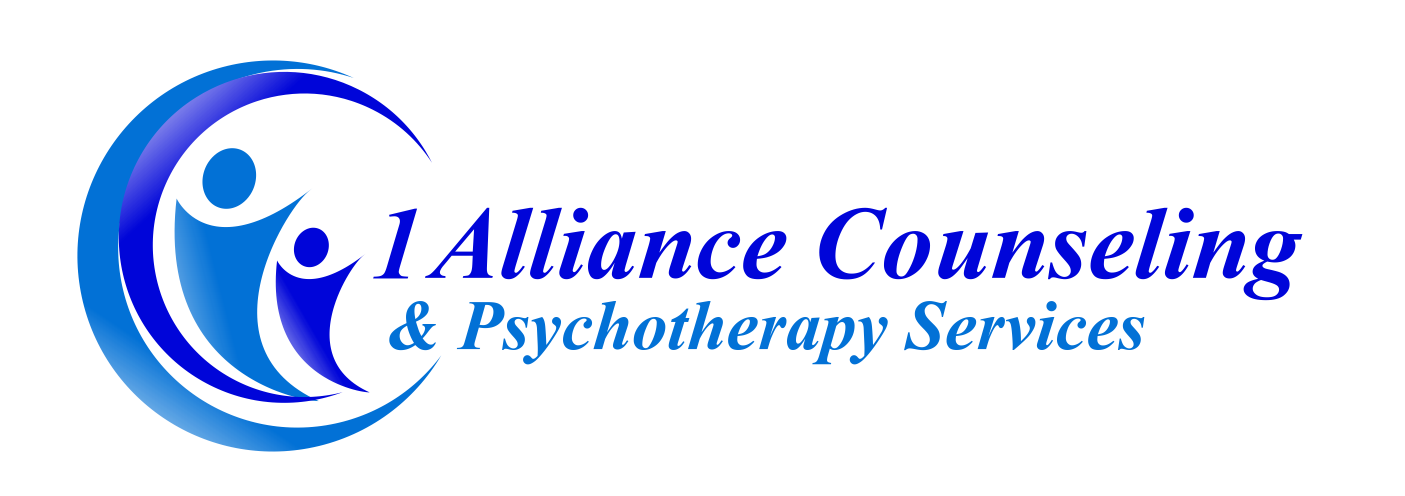It seems that in today’s society, stress is an epidemic. People are stressed out from work, family, money, society, politics, etc. Many people are overwhelmed with stress and don’t know how to combat it. What do you do when it feels like your world is caving in? Know that while you may not have control over all external sources of stress, you do have control over how you respond to stressors. You can learn how to recognize stress in your body and ways to respond to it.
When you are feeling stressed, ask yourself where you feel it in your body. Is your chest tight? Palms sweaty? Pit in your stomach? Headache? Everyone feels it differently, but knowing how your body feels is important because then you’re able to recognize that you’re stressed; then you can start coping.
Then ask yourself how you are currently coping with stress. Do you eat more or less? Do you sleep or pace? Do you procrastinate or clean? Do you bite your nails? Do you shut down or become hyper-focused? Some of our current coping mechanisms serve us, while others do not. Coping mechanisms are how we cope with stress, and they can be negative, neutral, or positive. Coping skills are tools that we use to help us cope in a healthy manner. Some helpful coping skills include mindfulness, exercise, journaling.
Mindfulness is the practice of being aware of the present moment while being observant of how you feel without being judgemental or overwhelmed. There are many ways to practice it such as meditation or using breath-work, but it doesn’t have to be just that. You can also sit and do a body scan or name and observe your surroundings. Journaling and exploring your thoughts and feelings is another great practice of mindfulness. To learn more about mindfulness, you can visit this link: https://www.psychologytoday.com/us/basics/mindfulness.
Exercise has many benefits, both physical and mental. We know how exercise improves our body, but it significantly improves our mental health, too. When you exercise, cortisol levels (which is a stress hormone) lower. And at the same time, it releases endorphins, hormones that lower pain levels and increase feelings of wellbeing (think of that Legally Blonde scene where Reese Witherspoon says “exercise gives you endorphins, and endorphins make you happy!”). Maintaining physical health also includes getting adequate sleep and eating healthy. When your body is happy, your mind is happy. They are interconnected and taking care of one helps the other. You can always control your diet, exercise levels, and practices to help sleep.
Picking up a hobby or doing ones that you already love also helps reduce stress. When you enjoy doing something, stress is automatically going to decrease. Hobbies are a way to relax and unwind. Whether you like to listen to music or garden or cook, you are taking time out of your day to focus on yourself. This is a form of self-care. It also allows you to get out of your head, so to speak. Hobbies are also a way to connect with people who also shares this passion.
Relying on your community to reduce stress is vital. You do not have to do this alone. Utilize your support system. Communicate with loved ones. Or distract yourself and have a fun time (with moderation of course; it’s still important to look inward at your emotions). Finding a therapist is also a great way to combat your stress levels. They are professionals equipped with tools for you to fight stress. You can go to our website at https://www.1alliancecps.com to explore our practice, therapists, and psychiatrist.
Resources
https://sacwellness.com/mental-health-awareness-calendar/
https://www.health.harvard.edu/staying-healthy/exercising-to-relax
